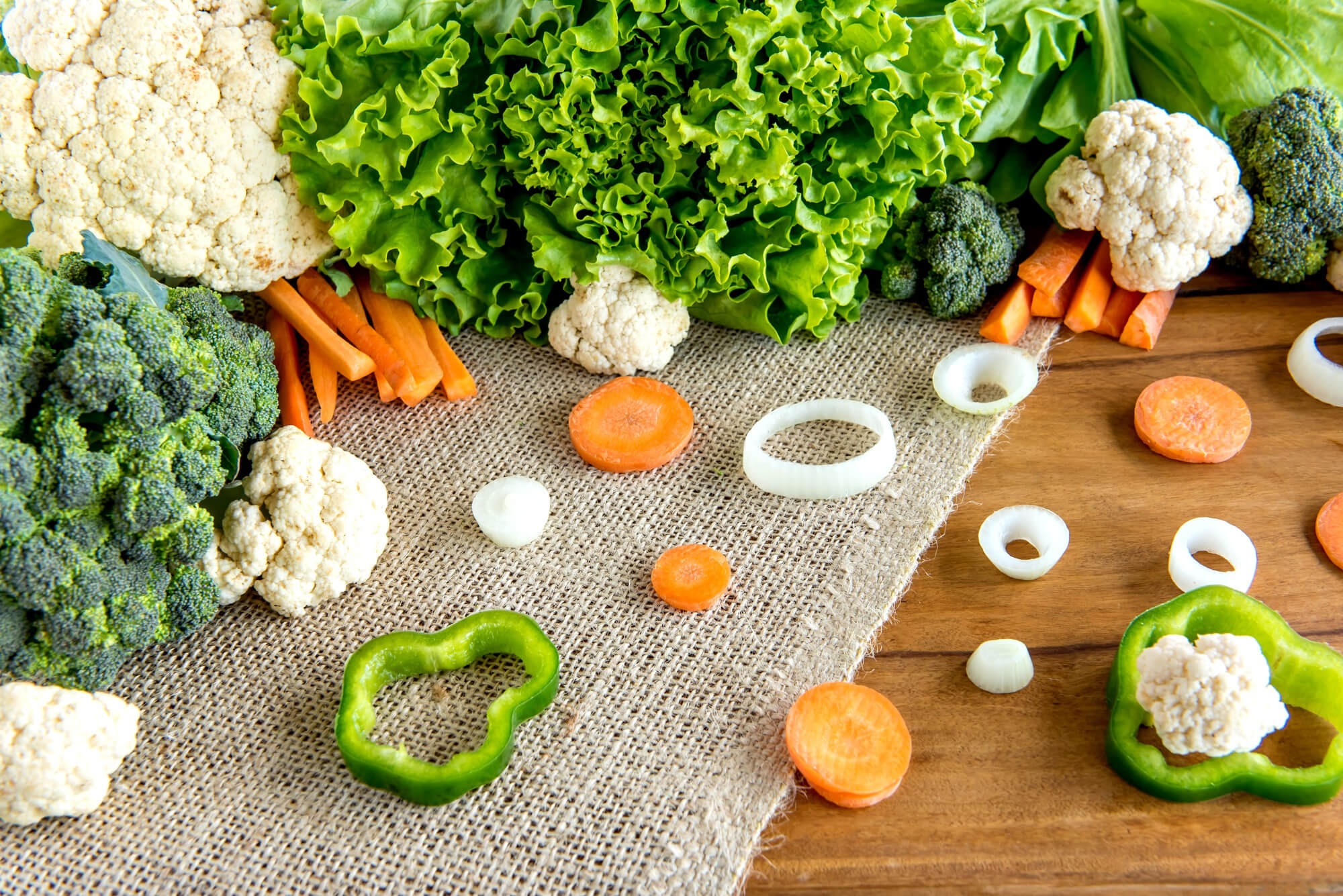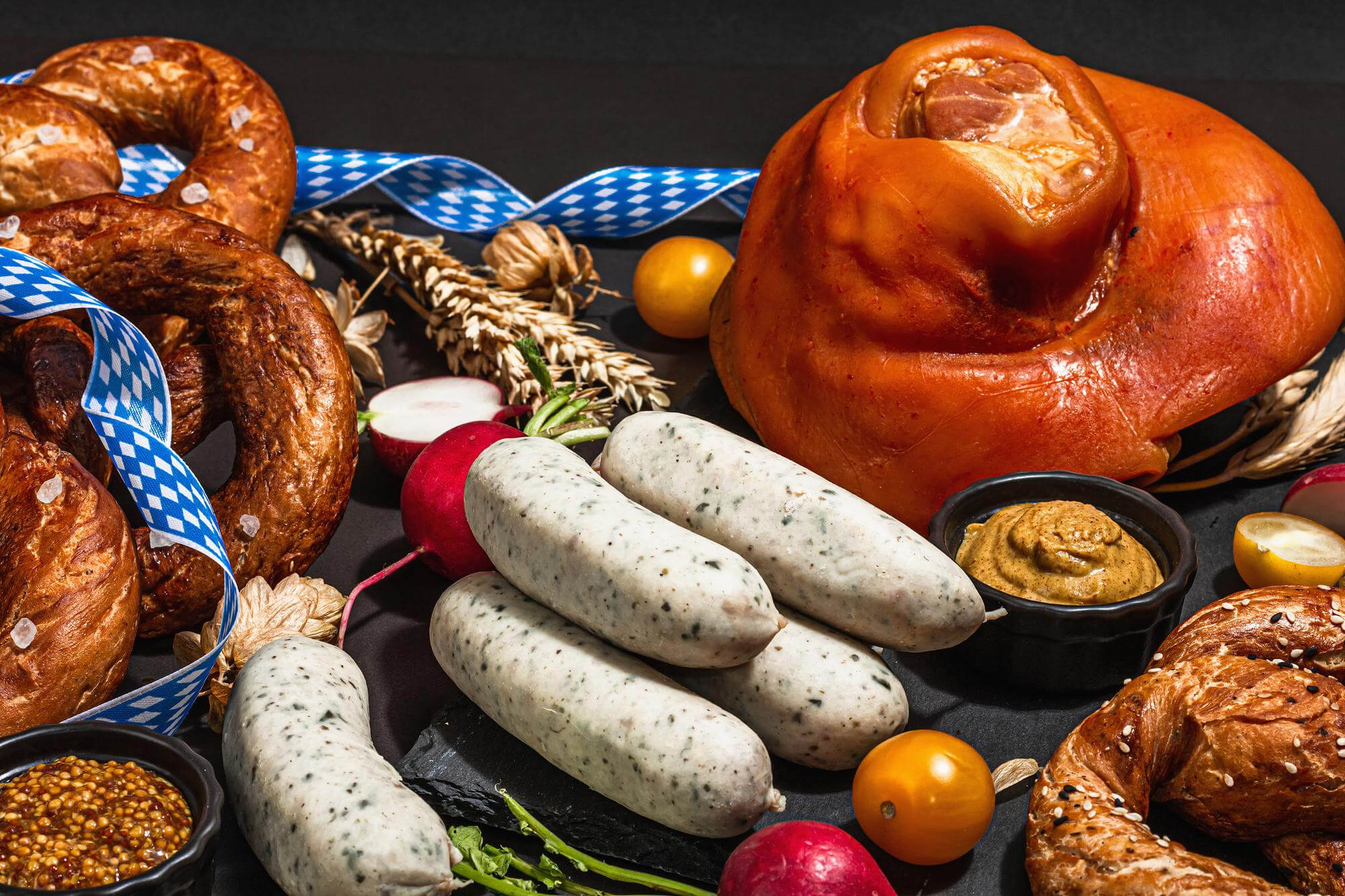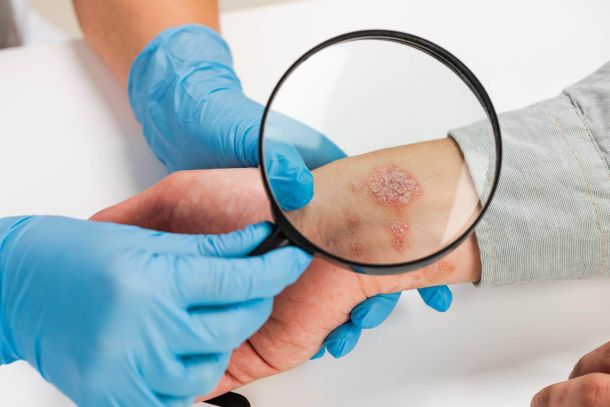Nutrition and eczema: What foods to avoid and add to your diet


Eva Zakharova
Eczema management requires a comprehensive approach, which includes proper nutrition. This article will help you understand how diet can affect the symptoms of eczema and what foods you should include or exclude from your diet.
Links between eczema and diet
Eczema is a chronic inflammatory skin condition manifested by itching, redness, dryness and sometimes sores. Eczema can cause significant discomfort, affecting a person's quality of life.
It is important to understand that nutrition plays a significant role in eczema. Some foods may provoke an exacerbation of symptoms, while others may help reduce inflammation and itching.
Understanding Eczema: Triggers and Reactions
Food allergens that cause eczema
Food allergens such as milk, eggs, fish, nuts and soy often trigger reactions in people with eczema. These foods can exacerbate symptoms or provoke an exacerbation.
To detect allergens, doctors usually recommend keeping a food diary in which you note all the foods you consume and the body's observed reactions. Medical allergy tests are also available.
What to eat if you have eczema: Healthy foods

- Omega-3 fatty acids and probiotics have proven effective in the treatment of eczema. They reduce inflammation and promote skin health.
- Flax seeds, chia seeds, nuts, tuna, and salmon are great sources of omega-3.
- Foods containing probiotics include kefir, yogurt, cheese, kvass, and sauerkraut.
- Antioxidants help fight oxidative stress in the body, which can alleviate eczema symptoms.
- Berries, nuts, green vegetables, carrots, broccoli and green tea are high in antioxidants.
What not to eat with eczema: Foods to avoid

Foods that cause inflammation
Certain foods may cause inflammation and exacerbate the symptoms of eczema.
- These foods include fatty meat products, white bread, foods high in sugar, and alcohol.
- Some food allergens may cause an exacerbation of eczema.
- Common food allergens are milk, eggs, fish, nuts and soy.
Balanced nutrition to manage eczema
A healthy diet for people with eczema should include plenty of fresh fruits and vegetables, whole grains, low-fat proteins and healthy fats.
Sample one-day menu for people with eczema
- Breakfast: a protein omelet with vegetables and whole-grain toast.
- Lunch: tuna salad with olive oil and whole-grain bread.
- Dinner: grilled salmon with potatoes and fresh vegetables.
- Afternoon snack: apple or berries with yogurt.
It is important to remember that each person is unique, and what works for one person may not work for another. A hypoallergenic diet may require trial and error, and it's important to keep it under a doctor's supervision.
A diet for adult hand or foot eczema requires perseverance and self-discipline, but will help improve quality of life in the long run. Don't forget that no diet is a substitute for medical treatment and your doctor's advice. Your dietitian or doctor can help you develop a personalized nutrition plan to manage your eczema and improve your overall health.
New materials
Popular Articles
We recommend reading
Contact us in the Contact Us section to ask questions, offer ideas, or for more information about our allergy resource.
Our articles are your trusted source of allergy knowledge. Learn how to make life with allergic reactions easier on our specialized portal.
©
Lechenie-Allergii.com. All rights reserved.
© Lechenie-Allergii.com. All rights reserved.
The information on this site is for informational purposes only and is not a substitute for professional medical advice. We recommend consulting with qualified medical professionals for accurate information and advice.
 English
English  Українська
Українська  Русский
Русский 









